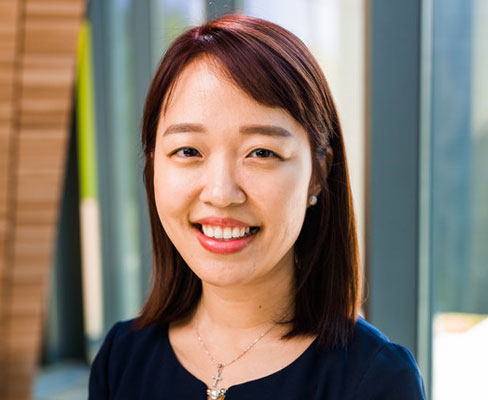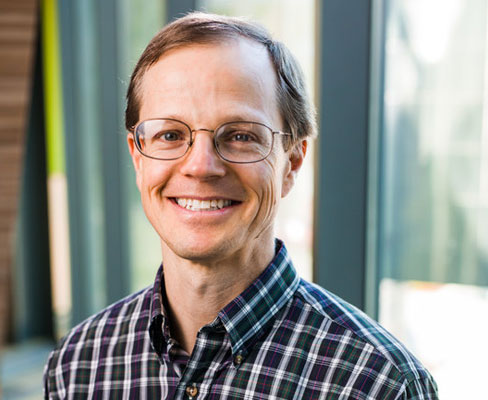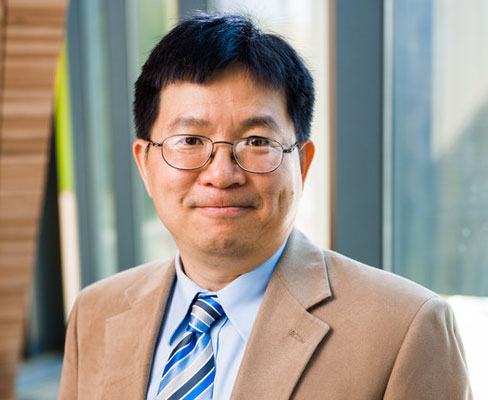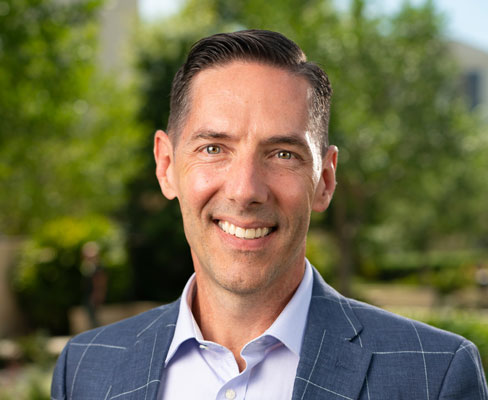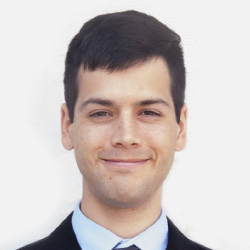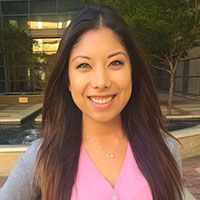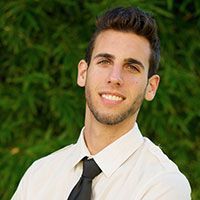Academics
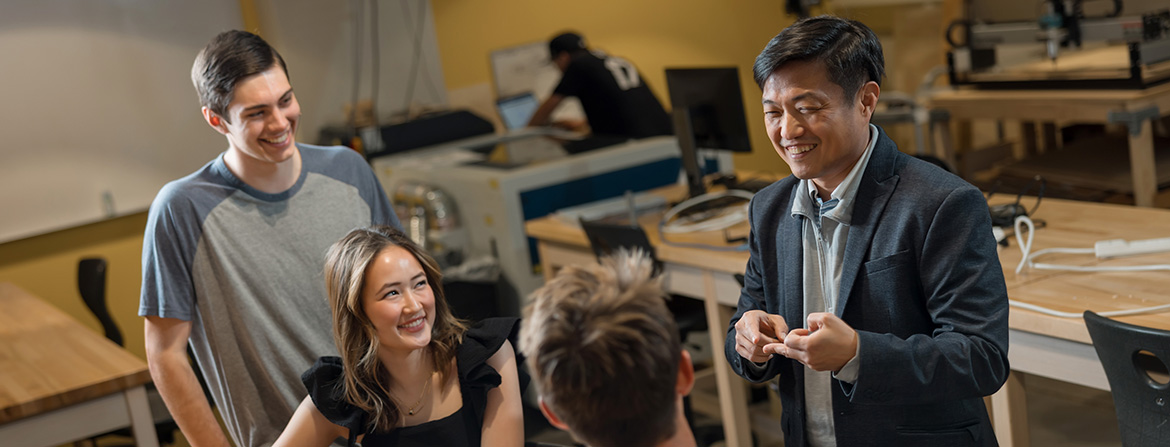
Learn About Our Programs
Biola University’s School of Science, Technology and Health is home to more than 20 academically robust STEM and health science programs. No matter which you choose, you’ll experience a rigorous education that’s enhanced by cutting-edge technology and built upon a Christian understanding of the world. Explore our list of degrees and programs to decide which ones may be right for you and your career goals.
Note: For students interested in a career in healthcare, explore Biola's Office of Health Professions Advising to learn more about the benefits of pursing a health profession major at Biola University and the various career paths associated with each major.
Bachelor’s Programs
- B.S. in Allied Health
- B.S. in Biochemistry
- B.S. in Biological Science
- B.S. in Chemistry
- B.S. in Communication Sciences and Disorders
- B.S. in Computer Science
- B.S. in Engineering
- B.S. in Engineering Physics
- B.S. in Health Sciences
- B.S. in Healthcare Management
- B.S. in Kinesiology
- B.S. in Mathematics
- B.S. in Nursing
- B.S. in Physics
- B.S. in Public Health
Explore the accelerated master’s program - B.S. in Robotics
Post-Baccalaureate Certificate
Doctoral Program
Honors Program
Accelerated Master's Program
Earn both your bachelor’s and master’s degree at an expedited rate through the Accelerated Master’s Program at the School of Science, Technology and Health. Explore the qualifying accelerated program below.
Interested in Technology or Engineering?
Biola's technology and engineering degrees — housed within our tech division Biola.io — combine rigorous technical training with a biblical worldview to prepare students for purpose-driven innovation.
Faculty who are passionate about integrating science and faith
Biola’s exceptional science faculty are gifted in their area of expertise and passionate about their faith. Their curiosity drives them to new discoveries in the lab, the classroom and beyond.
Discover what you can do with a robust STEM education
In an increasingly technology-driven and information-based world, there is a rising demand for highly skilled and technically competent graduates. According to the U.S. Bureau of Labor, STEM occupations are projected to grow by almost 11% from 2021 to 2031, over two times faster than the total for all occupations. A rigorous STEM education prepares students to excel in a variety of STEM-related career paths, from forensic research and software development to database administration and aerospace engineering.
The four subjects that make up STEM — science, technology, engineering and math — provide a strong foundation for careers that require creativity, analytical thinking and problem-solving skills. Biola’s School of Science, Technology and Health is equipping students to become the next generation of innovators, educators, researchers and leaders who will apply their knowledge and skills toward solving today's real-world challenges.
 Science
Science
The study of science gives you a lens through which you can observe and understand the physical and natural world. Biola offers degrees in a variety of health and science disciplines, including areas like biological science, nursing and more. Students pursuing these degrees go on to prestigious medical schools and graduate programs, as well as a variety of health-related careers that tackle today’s global health issues and improve the quality of life for others.
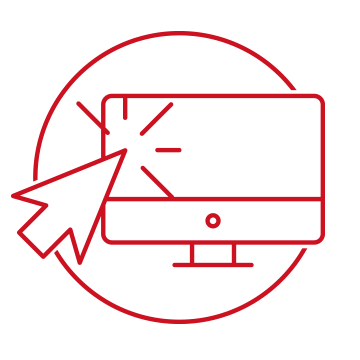 Technology
Technology
As technology continues to expand in today’s world, we need technically skilled and ethically grounded graduates who have the ability to innovate, build systems and solve problems in a variety of industries. Biola’s computer science program offers expert training in both computation and information processing strategies, preparing you to succeed in high-demand careers in business, engineering, health, education and entertainment.
 Engineering
Engineering
Getting a degree in engineering will equip you with the critical-thinking and problem-solving skills needed to create innovative solutions for many of today’s global, social, environmental and health challenges. Students in Biola’s engineering program receive a robust technical education as well as a solid grounding in spiritual formation, preparing them for success in a wide range of industries and government agencies.
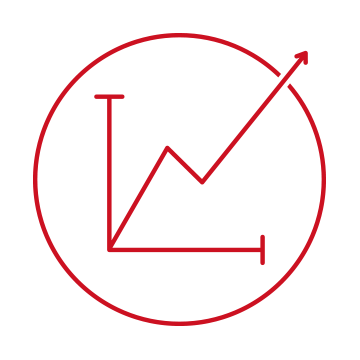 Mathematics
Mathematics
The study of mathematics goes beyond numbers and equations — it’s a foundational discipline integral to fields like engineering, statistics, education and computer science. Biola’s mathematics program will push you to develop your analytical skills, equipping you to be a leader in your industry with a strong grasp of statistics, operations research, data analysis and more.
Alumni Success
92%
Grad School Admission
Students employed or admitted to graduate school within the first six months of graduating
$63,860
Average Income
The average annual full-time income within the first year of graduating (2018–19 grads)
